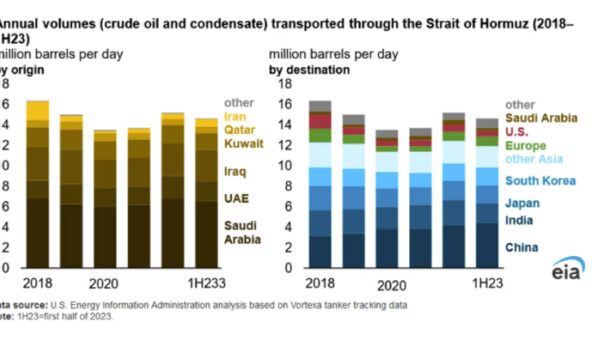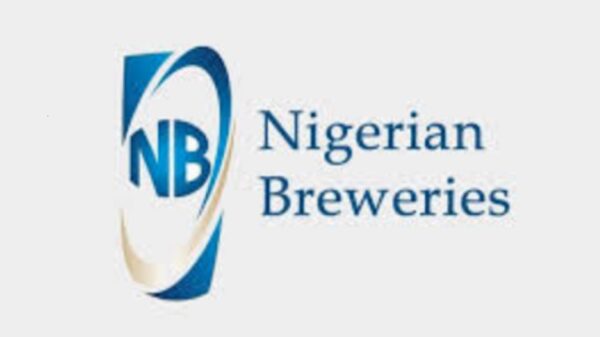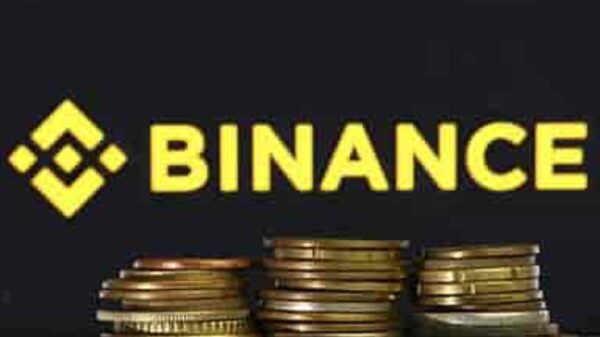Opening a bank account is the first step in your financial journey. This guide simplifies banking for beginners, providing concise information and actionable steps to help you get started. Whomever or wherever you may be, understanding banking is essential for your financial future. Let’s dive in.
Why Do You Need A Bank Account?
Retirement might seem distant, but your early financial choices significantly impact your future success. Building banking literacy is crucial to managing your money effectively. It starts with grasping the basics of banking and exploring the available options for customers.
This article offers a comprehensive overview of banking, including various bank types, financial products, and practical tips for beginners.
How To Open A Bank Account
1. Round up your assets
Before opening a bank account, assess your financial assets. Gather your cash and savings, and don’t forget about any savings bonds you received as gifts during your childhood. Savings bonds often mature in your early 20s or 30s, and you may be able to cash them out. Keep in mind that you may owe taxes on the earnings from these bonds.
2. Get your identification together.
To open a bank account, you’ll need proof of identification. Ensure you have a state photo ID, passport, birth certificate, or driver license. Some banks may require multiple forms of identification. Additionally, be ready to provide your physical address, date of birth, and phone number. Some banks might request examples of physical mail to verify your home address, such as phone or utility bills.
3. Pick a bank.
Choosing the right financial institution is crucial. There are various types of banks to consider:
Retail Bank
Retail banks, like Zenith Bank PLC, First Bank of Nigeria Limited, and Guaranty Trust Bank Plc, cater to consumers. They are accessible to the general public, making it easy to open an account with basic identification. Keep in mind that some retail banks have minimum balance requirements and may charge fees if your account falls below a certain threshold.
Online Bank
Online-only banks operate solely on the internet, like Kuda Bank, ALAT and Opay provide services through mobile apps or websites. They often offer competitive interest rates on savings accounts due to lower operating costs. Some online banks may have a few branch locations, so research your options.
Credit Union
Credit unions offer financial products like checking and savings accounts, but they differ from retail banks. Credit unions are not-for-profit organisations focusing on member benefits. Membership often requires affiliation with specific groups or associations. Credit unions can provide higher interest rates, lower fees, and better loan rates.
Brokerage and crypto Accounts
While not traditional bank accounts, brokerage and crypto accounts serve financial purposes. These accounts involve transferring funds to and from your primary checking or savings account. Be cautious with cryptocurrencies if you’re new to banking, as they can be risky.
4. Shop around for the best provider.
Take your time to compare different banks and credit unions, even if you’re considering a credit union. Some factors to consider include:
Accessibility
Consider the number of ATMs the bank supports, especially if they have a limited local presence. Check if the bank charges fees for using third-party ATMs. Having accounts with both a local bank and a national provider can be a strategic option.
Fees
Banks may charge various fees, such as account maintenance fees, annual fees, and overdraft fees. Look for banks offering overdraft protection at no extra cost if you tend to overdraw your account.
Customer Support
Assess the level of customer support offered by each bank. Some banks provide 24/7 customer support through phone and live chat, while others may have limited support hours. Consider your preferences for in-person assistance versus online support.
Mobile App Quality
Ensure that the bank you choose offers a well-rated mobile banking app for convenience and accessibility.
5. Open a bank account
Once you’ve gathered your assets, identified them, and selected a bank type, it’s time to open an account. To narrow down your options, determine the types of accounts you want to open.
Investing vs. Saving
Consider creating a strategy that involves both saving and investing. Saving involves depositing money into a federally insured savings account, offering stability and small returns through interest. However, keep in mind that interest rates are often lower than inflation rates, potentially causing a loss in purchasing power.
Investing in stocks or real estate offers higher returns but comes with higher risk. Diversifying your financial portfolio with both savings and investments is a wise approach.
Why Do You Need A Bank Account?
In a rapidly changing banking landscape, some may question the need for a traditional bank account. However, bank accounts remain essential for consumers due to several reasons:
1. Protect your money
When you deposit your money in a bank, you benefit from federal protection. The Nigeria Deposit Insurance Corporation (NDIC) provides protection for your deposits. This protection ensures the safety of your funds, unlike certain online payment services that lack federal insurance.
2. Make more over time
Savings accounts, although offering lower interest rates than in the past, still provide monthly interest payments. Understanding interest rates is vital, as they vary based on the bank and account type. Earning interest can contribute to your financial growth over time.
3. Build trust with lenders
While having a bank account won’t directly boost your credit score, lenders often review your banking history to assess your financial responsibility. For instance, when applying for a mortgage, lenders may request several months’ worth of bank statements. Maintaining a stable banking history demonstrates your financial reliability.
In summary, a bank account facilitates everyday transactions, helps you save, and builds trust with lenders, making it a fundamental tool for managing your finances.
























































You must be logged in to post a comment Login